#charging
NY Judge Pauses Ford’s EV Dealer Requirements
A New York judge has halted Ford and Lincoln from instituting a specific set of requirements before allowing dealerships to sell the brands’ all-electric vehicles. This comes after five stores operating within the state launched a lawsuit against Ford Motor Co. for introducing a new certification process for EVs. The issue was that the automaker was asking too much from dealerships and effectively favoring those with deeper pockets by forcing changes that required significant financial investments.
Ford introduced its tiered dealer program nearly twelve months ago, splitting stores interested in selling electric into “Model e Certified Elite” and “Model e Certified.”
BMW, Ford, Honda to Form New EV Charging Company
Ford, Honda, and BMW have announced plans to create a new “vehicle-to-grid company” that’s aimed at standardizing vehicle charging via a singular platform. The service also seeks to return excess energy to the electrical grid, effectively converting EVs into publicly shared batteries.
The business will be known as ChargeScape and, according to the automakers' press release, seeks to “create a single platform that will seamlessly connect electric utilities, automakers and their interested EV customers to manage energy usage for a broad pool of EVs.” The scheme could be one way of addressing concerns that modern power grids couldn’t endure widespread electric vehicle usage while helping to position the involved companies in an industry that’s being heavily incentivized by the government.
Nissan Jumps on NACS Bandwagon
It’s only a matter of time before nearly every major EV manufacturer hawking cars in this country moves to the so-called North American Charging Standard.
Rivian Cuts Deal for Tesla Charging Network, Adopts Supercharger Connector
While most automakers were working out what their first all-electric model should be, Tesla was building up a proprietary charging network that helped assure that it would be the EV manufacturer other brands would envy. The vehicles themselves certainly became the benchmark for electric vehicles. But it was the network that guaranteed Tesla’s dominant position in the market. Simply having access to the Supercharger stations is one of the biggest perks of owning a Tesla, as they’re relatively common and suffer less downtime than rival networks.
Despite originally being exclusive to Tesla customers, the brand has decided to open its ports up to the whole world. Ford and General Motors have even signed agreements with the company so that their customers can utilize those charging stations in 2024. Now it appears to be Rivian’s turn.
QOTD: Which Automaker Will Offer Tesla Charging Connectors Next?
We've reported on Ford and GM reaching agreements to use Tesla's EV charging standard.
So the obvious question is -- who's next?
Plugged Up: GM to Adopt Tesla Charging Standard
It was only a few short days ago we brought you news of Ford announcing it will be granting its EVs the capability of hoovering electricity from Tesla-branded charging stations. If that news gave you whiplash, last night’s announcement of a similar move from General Motors will surely put yer back out.
Charge It: Rivian to Build Up Charging Network, Open to Public
Ask anyone who’s been behind the wheel of an electric vehicle lately about the state of public charging facilities and you’re likely to get an earful about broken facilities and wonky payment systems. Say what you like about Tesla (and we often do) but their original tack of building out a huge charging network ahead of dumping millions of EVs on America’s roads was the right call.
QOTD: How Do You Charge Your EV?
Yesterday we noted that charging EVs in public, at least in the UK, costs more than charging EVs via home chargers.
Today, we're wondering -- how do you charge your EV?
UK Study Says EV Charging Costs More When Done in Public Instead of at Home
In a shocking -- pun and sarcasm intended -- twist, an analysis performed in the UK suggests that it costs $1,800 USD more a year to charge an EV in public than at one's home.
Study: America Allegedly Needs to Quadruple EV Chargers by 2025
The United States is in the midst of expanding its electric vehicle charging network to ensure there’s sufficient charging capacity for the planned deluge of EV sales. Companies are even getting government money earmarked within the so-called Inflation Reduction Act to ensure that the Biden administration’s lofty environmental goals are maintained. However, a recent report by S&P Global Mobility has suggested the U.S. is nowhere near on pace to meet projected EV demand.
Porsche Taycan Update Halves Level 2 Charging Times
Porsche released a fairly impressive update for the Taycan EV this month, one that effectively halves the sport sedan’s charging time whilst using a Level 2 charger.
Turn Down for Watt: EVs May Lower Power Rates – Report
In what is – for this addled author, at least – a mind-bending concept, a recent study by an outfit called Synapse Energy Economics suggests the adoption of electric vehicles may actually lower the cost of electricity.
That sound you hear is the B&B tripping over seized engine blocks and rusty Panther chassis cross members as they race to the comment section.
Surveys Suggest EV Owners Still Annoyed With Charging Infrastructure
There’s been an increase in reports of inoperable charging stations intended for EVs this year, with the data coinciding with J.D. Power’s annual Electric Vehicle Experience Public Charging Study. Despite EV sales continuing to climb, the survey showed that people are actually becoming less satisfied with charging stations overall.
"Not only is the availability of public charging still an obstacle, but EV owners continue to be faced with charging station equipment that is inoperable," elaborated Brent Gruber, executive director of global automotive at J.D. Power.
GM Announces Nationwide EV Charging Network
General Motors has announced a national network of quick charging stations for electric vehicles to be installed at Pilot and Flying J truck stops. Managed by EVgo (a subsidiary of the South Korean LS Group), the network may be the final piece of the puzzle for GM to make good on its promise to go all-electric. It’s already spent oodles on development, created partnerships with global battery suppliers, and now has a glut of EVs on the way –a glut of product that GM is hoping will resonate with consumers.
Biden Admin Proposes Minimum Standards for EV Charging
With the Biden administration hoping to transition the United States toward all-electric vehicles, it has set a goal of commissioning the construction of a nationwide network of 500,000 EV charging stations by 2030. But saying you’re going to do something as part of a $1-trillion infrastructure plan is a lot easier than actually doing it because there are a lot of steps that have to be taken before a plan can effectively be put into action. This is called planning and it’s something the government occasionally engages in to ensure a program is successful. As such, the Biden administration is issuing a series of standards and requirements for federally funded electric vehicle charging stations.
“To support the transition to electric vehicles, we must build a national charging network that makes finding a charge as easy as filling up at a gas station,” said U.S. Transportation Secretary Pete Buttigieg. “These new ground rules will help create a network of EV chargers across the country that are convenient, affordable, reliable and accessible for all Americans.”



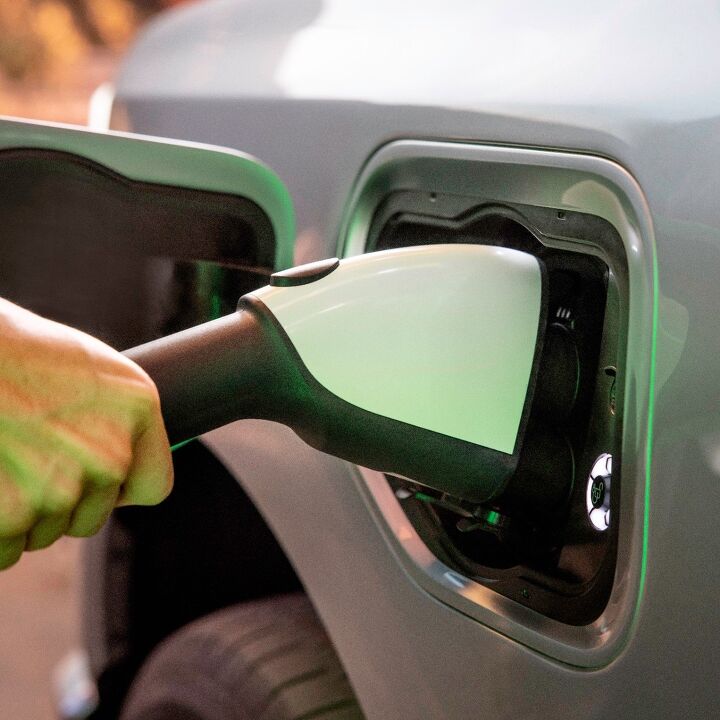
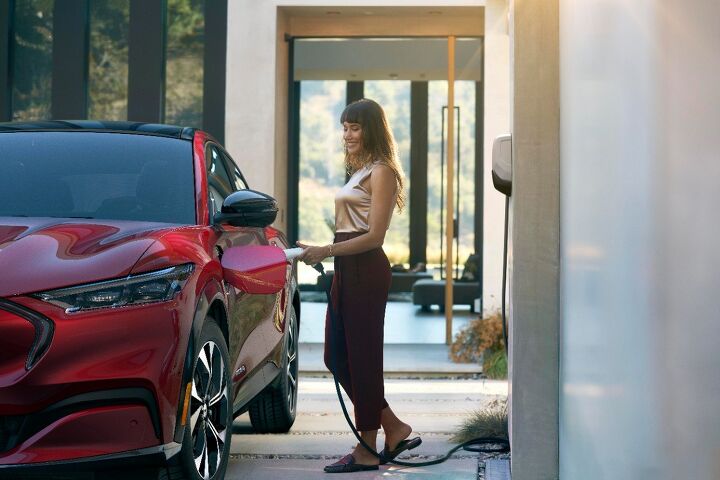
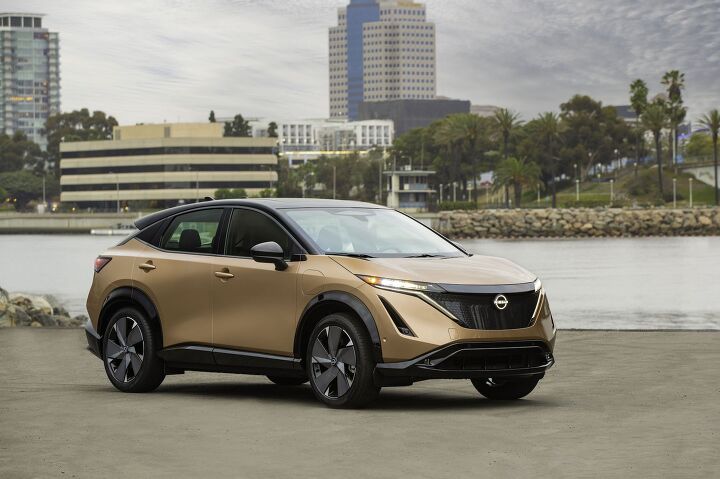
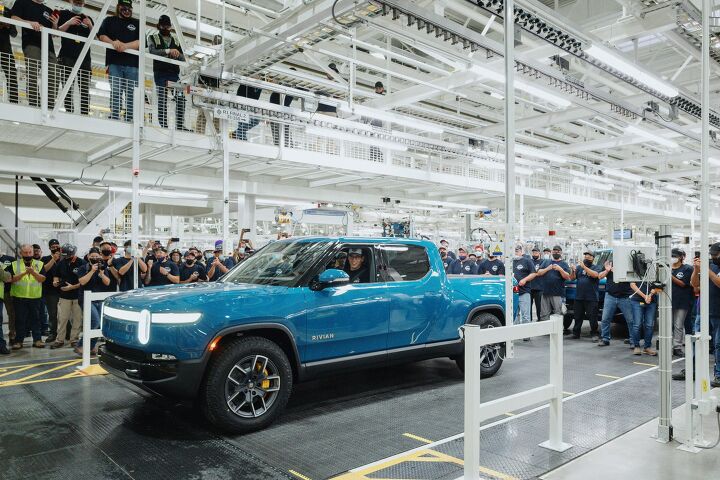


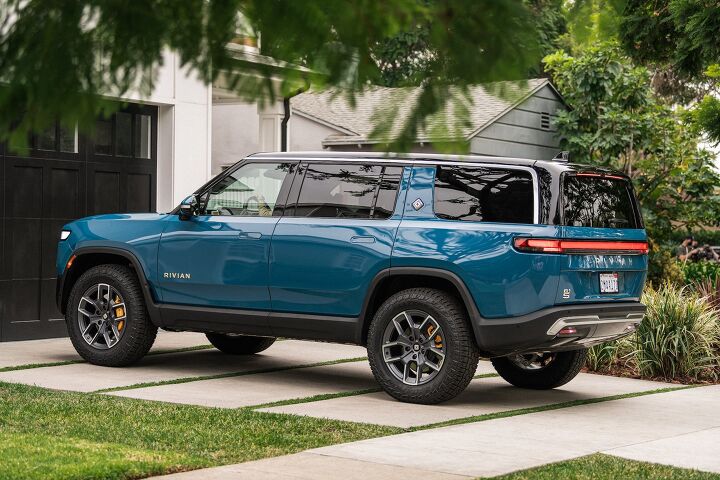
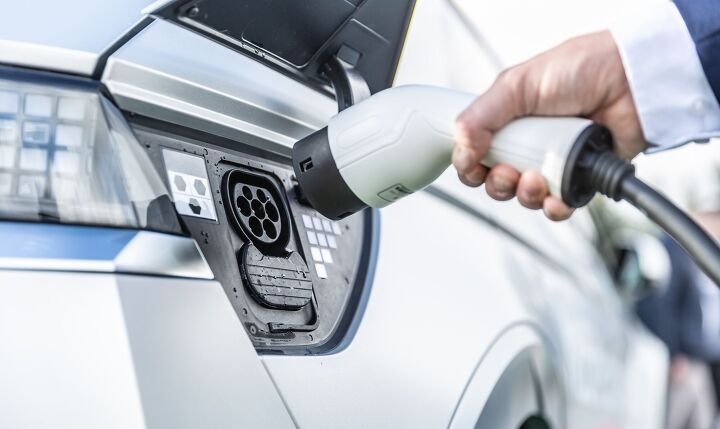
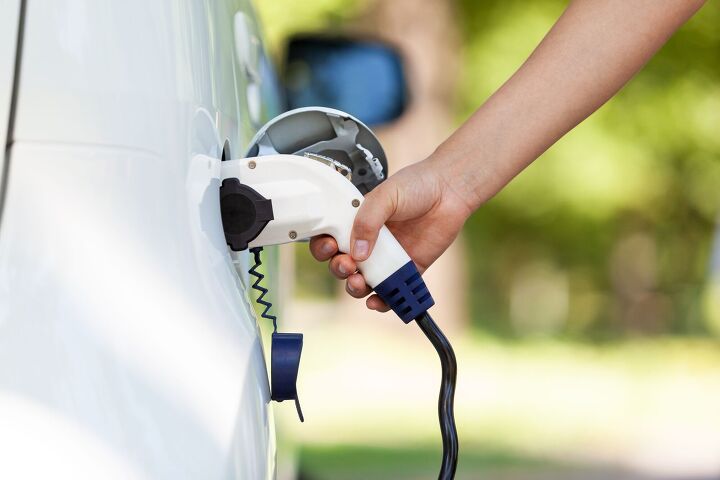
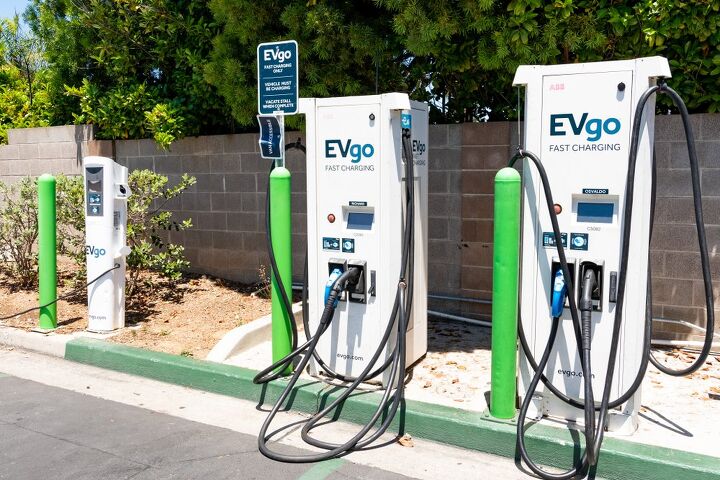



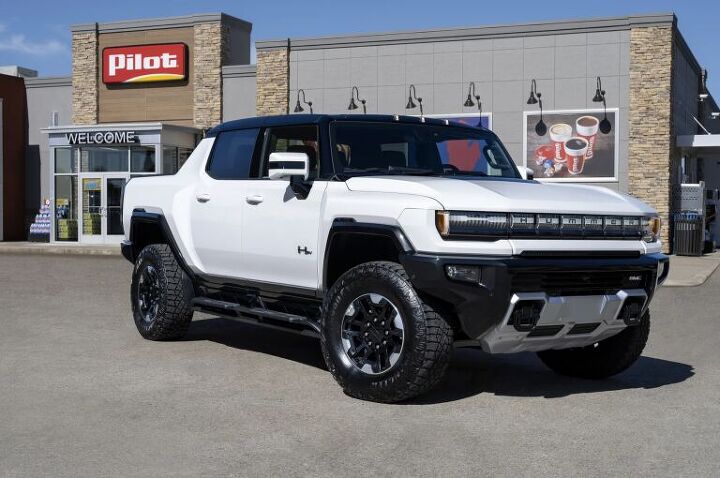













Recent Comments